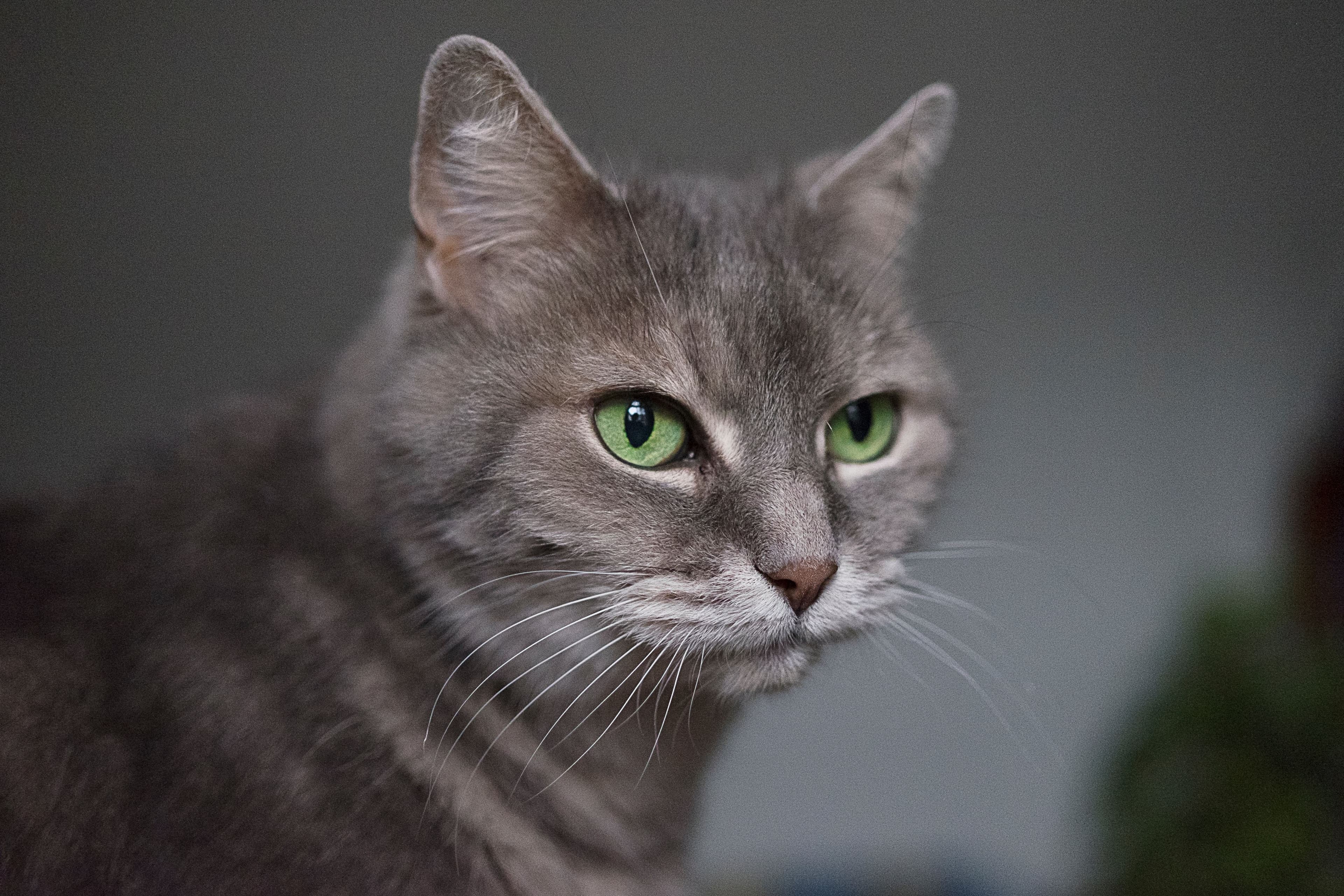Basepaws has added new genetic health and trait markers to its flagship Breed + Health Cat DNA test. In the Health Marker section of your cat’s report, Basepaws provides their results related to 43 genetic disorders that are represented by 64 health markers. Mutations in different genes are associated with a higher likelihood of developing certain diseases or exhibiting specific traits. A genetic marker is the precise gene sequence change associated with a trait or a disease.
The complete list of genetic disorders currently included in the Health Marker section of the Basepaws report includes the following:
Metabolic disorders:
Mucopolysaccharidosis VI
Mucopolysaccharidosis VII
Neuronal Ceroid Lipofuscinosis (NCL)
Porphyria, congenital erythropoietic (CEP)
Niemann-Pick disease, type A
Niemann-Pick disease, type C1
Niemann-Pick disease, type C2
Gangliosidosis, type GM2 (variant 0)
Gangliosidosis, type GM1
Gangliosidosis, type GM2 (variant AB)
Wilson's Disease
Dihydropyrimidinuria
Hyperlipoproteinaemia
Musculoskeletal and connective tissue disorders:
Vitamin D-deficiency rickets, type IA
Vitamin D-deficiency rickets, type IB
Ehlers-Danlos Syndrome (classic type)
Fibrodysplasia Ossificans
Renal disorders:
Cystinuria, type B
Cystinuria, type IA
Primary Hyperoxaluria, type II (Oxalosis II)
Cardiovascular disorders:
Blood disorders:
Methemoglobinemia
Haemophilia B
Glanzmann Thrombasthenia
Eye disorders:
Glaucoma, primary congenital
Progressive Retinal Atrophy (AIPL1-related)
Late-Onset Photoreceptor Degeneration (rdAc)
Progressive Retinal Atrophy (KIF3B-related)
Endocrine disorders:
Congenital Adrenal Hyperplasia (CAH)
Hypogonadotropic Hypogonadism, congenital (TAC3-related)
Hypothyroidism, congenital
Skin disorders:
Inflammatory Linear Verrucous Epidermal Nevus (ILVEN)
Epidermolysis Bullosa Simplex
Autoimmune disorders:
Leukocyte Adhesion Deficiency (LAD)
The Basepaws Breed + Health Cat DNA test also screens for 25 genetic traits that are represented by 50 genetic markers.
In addition to learning about the genes responsible for your cat’s unique physical appearance, you will receive results for your cat’s blood type and their likelihood of having some genetically conferred resistance to the Feline Immunodeficiency Virus (FIV).
The full list of genetic traits is included below:
Blood type
Albinism
Amber coat color
Russet coat color
Black coat color (melanism)
Blotched tabby coat pattern
Mackerel tabby coat pattern
Burmese coat color
Siamese coat color (pointed)
Charcoal coat color
Chocolate (dark brown) coat color
Cinnamon (light brown) coat color
Copal coat color
Dilute coat color
Curly coat (KRT71-related)
Curly coat (LPAR6-related)
Hypotrichosis (with short life expectancy)
Long-haired coat
Lykoi coat
Osteochondrodysplasia and folded ears
Polydactyly
Short and kinked tail
Short tail
Sphynx coat
Likely resistance to FIV
Basepaws will continue to make periodic updates to its genetic health and traits marker panel. These updates will come from both Basepaws’ internal research, as well as other sources of feline genetic research. If you have any questions about your cat’s report, you can email us at meow@basepaws.com.
More about your Basepaws Cat DNA Report:




